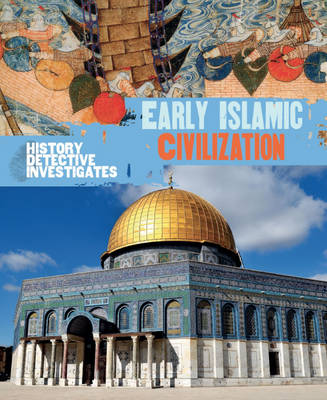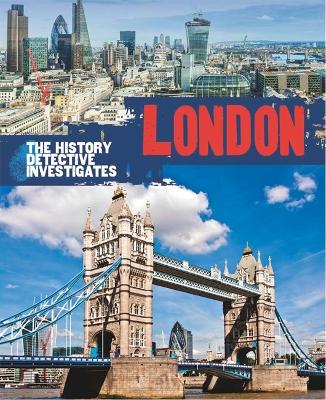History Detective Investigates
2 total works
If you enjoy reading about the Early Islamic Civilizations then take a look at Stone Age to Iron Age, The Mayan Civilization, The Shang Dynasty of Ancient China and The Indus Valley.
Explore the rich history of London! Find out about when the Romans settled Londinium in AD48, Saxon Lundenwic, William Conqueror and the Tower of London, medieval trade and the Black Death, Tudor Londoners and how they found entertainment from festivals and alehouses to theatres and football, how the Great Fire changed London, the Bow Street Runners and Henry Fielding, Robert Peel and the police force, Joseph Bazalgette and the sewers of London after the Great Stink; how the opening of the Tube expanded London; the Blitz and the rebuilding; the arrival of the Windrush from Jamaica making London even more multicultural and how London is still changing today with everyone wanting to see London's famous landmarks from St Paul's to the London Eye and Buckingham Palace.
Read about the people who have influenced London such as Boudicca, Edward the Confessor,Aethelred the Unready, Bede, William the Conqueror, William of Poitiers, Dick Whittington, Shakespeare, Samuel Pepys, Queen Victoria and Queen Elizabeth II.
Follow the dog, Sherlock Bones, as he guides you around London and encourages you to find out more. Learn how you can make your own project about London.
Ideally suited for readers age 8+ or teachers who are looking for books to support the new curriculum for 2014.
If you enjoy reading about the History Detective, then take a look at other titles in this series, such as the Stone Age to Iron Age, Ancient Greece, Ancient Sumer, The Mayan Civilization, The Shang Dynasty of Ancient China and Early Islamic Civilizations.

